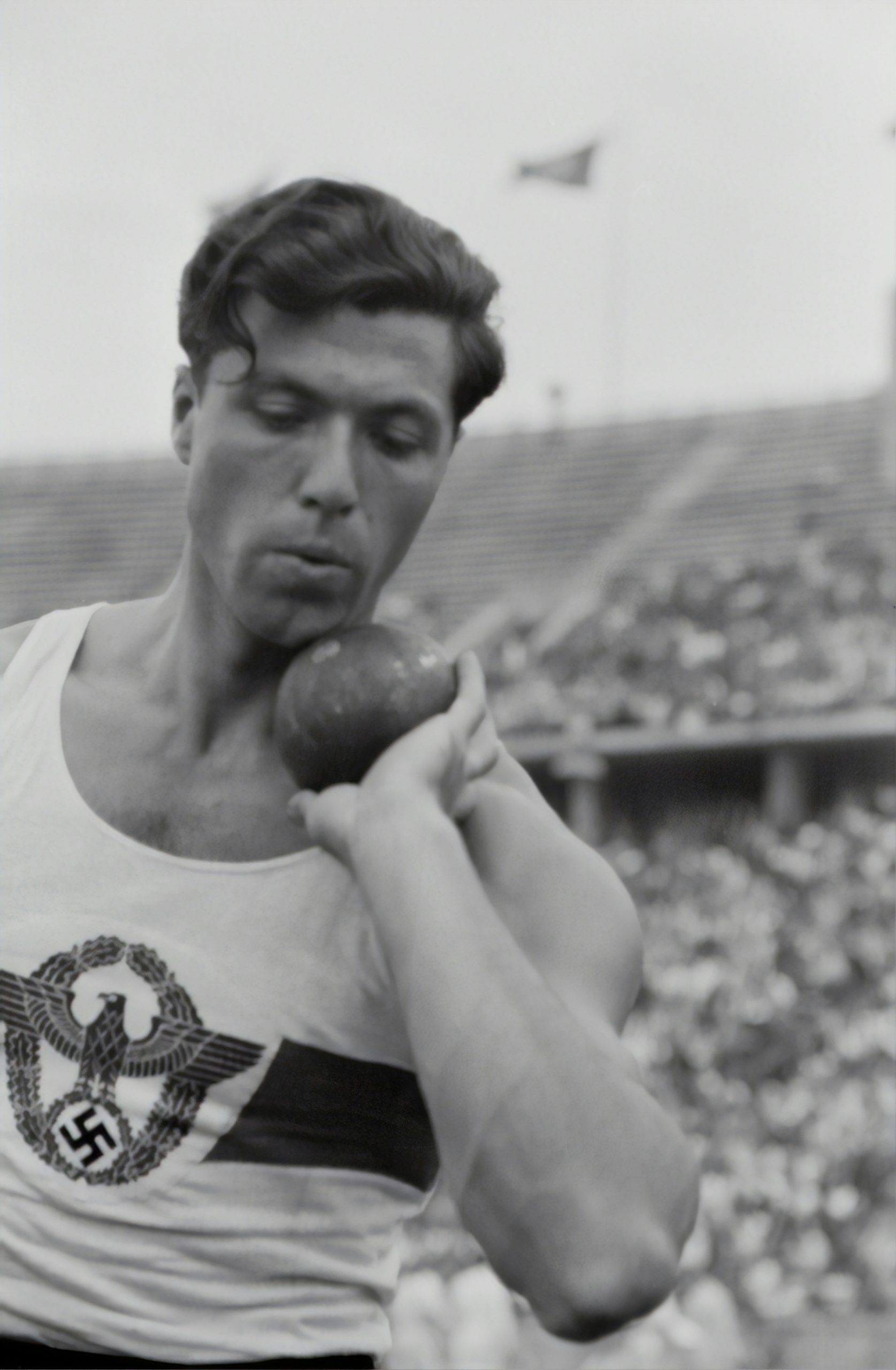
Cultural Significance of Iconic Sports Championships
Introduction
Sports championships have a profound cultural significance that extends far beyond the realm of athletics. These events not only showcase exceptional athletic prowess but also embody broader cultural, social, and economic impacts on societies worldwide. From fostering national pride to uniting diverse communities, iconic sports championships play a pivotal role in shaping cultural narratives and identities.
National Pride and Identity
One of the most evident impacts of iconic sports championships is their ability to ignite and amplify national pride. Nations often rally behind their teams or athletes, viewing their success as a reflection of collective identity and values. For instance, the FIFA World Cup transcends football (soccer) by becoming a global phenomenon where countries celebrate their cultural heritage through the sport. As teams progress through the tournament, entire nations experience a surge in patriotism, bolstering social cohesion and national unity.
Community Cohesion and Belonging
Championship events serve as focal points for communities, fostering a sense of belonging and unity among diverse groups of people. Local sports championships, such as the Super Bowl in the United States or the Cricket World Cup in cricket-playing nations like India, bring together fans from different backgrounds to share in a collective experience. These events create lasting bonds among individuals who may otherwise have little in common, reinforcing social ties and cultural solidarity.
Economic Impact and Tourism
Beyond cultural significance, iconic sports championships have substantial economic implications. Host cities and countries often experience a boost in tourism, as fans travel globally to witness these prestigious events firsthand. The Olympics, for example, not only showcase elite athleticism but also stimulate local economies through increased tourism, infrastructure development, and job creation. Cities vie for the opportunity to host such events, recognizing the potential economic windfall and international exposure they bring.
Global Diplomacy and Soft Power
Sports championships also serve as platforms for global diplomacy and the projection of soft power. Diplomatic relations can be strengthened or strained based on the outcomes and interactions surrounding these events. The “Ping Pong Diplomacy” during the 1971 World Table Tennis Championships between the United States and China exemplifies how sports can thaw political tensions and open dialogue between nations. Similarly, the Rugby World Cup in South Africa in 1995 played a crucial role in promoting unity and reconciliation in the post-apartheid era.
Legacy and Inspiration
Iconic championships leave a lasting legacy that extends beyond the immediate sporting achievements. They inspire future generations of athletes and fans alike, encouraging participation in sports and promoting healthy lifestyles. The influence of these events on popular culture is profound, shaping fashion trends, music, and even language. For instance, phrases like “March Madness” from the NCAA Basketball Tournament in the United States have become ingrained in everyday conversation, reflecting the enduring impact of sports on cultural discourse.
Conclusion
In conclusion, iconic sports championships are not merely contests of athletic skill but pivotal cultural events that resonate globally. They evoke national pride, strengthen community bonds, stimulate economies, and facilitate international diplomacy. As society continues to evolve, these championships will remain integral to the cultural fabric of nations worldwide, enriching lives and shaping identities for generations to come.
By celebrating both the athleticism and cultural significance of these championships, societies reaffirm their values and aspirations on a global stage.



